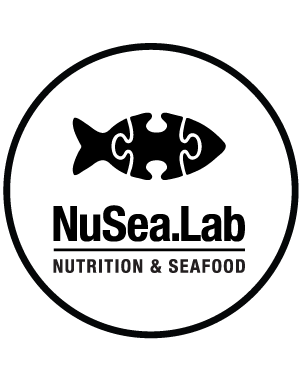Deakin University joins Ridley Agriproducts in CRC-P to develop nutritional solutions to future proof the Australian salmon industry.
Deakin University’s Nutrition and Seafood Laboratory (NuSea.Lab) is excited to announce it will be collaborating on one of the largest aquaculture nutrition projects to be delivered in Australia, with a total investment of ~$10M. The project will be led by Ridley Agriproducts in partnership with Deakin University, The University of Queensland, CSIRO and Genics Pty Ltd, with substantial funding granted through the Australian Governments Cooperative Research Centres Projects (CRC-P’s).
The project titled “Future-proofing the salmon farming industry in the face of climate warming” will drive innovation in nutritional physiology to support resilience, growth and sustainability of Australia’s most valuable food aquaculture industry, particularly through the challenging summer months. Deakin University’s NuSea.Lab will utilise its world class Deakin Aquaculture Futures Facility in Warrnambool and laboratories in Queenscliff to lead the nutritional channel of investigation. Deakin’s objective is to contribute to the delivery of diets tailored for seasonally induced metabolic changes in salmon, further improving yields and product quality stability.
The project commenced in September 2020 and directly appointed five new PhD projects alongside one post-doctoral position. The project is expected to deliver its findings in late 2023 and benefit the industry through nutritional solutions provided by Ridley well into the future.






